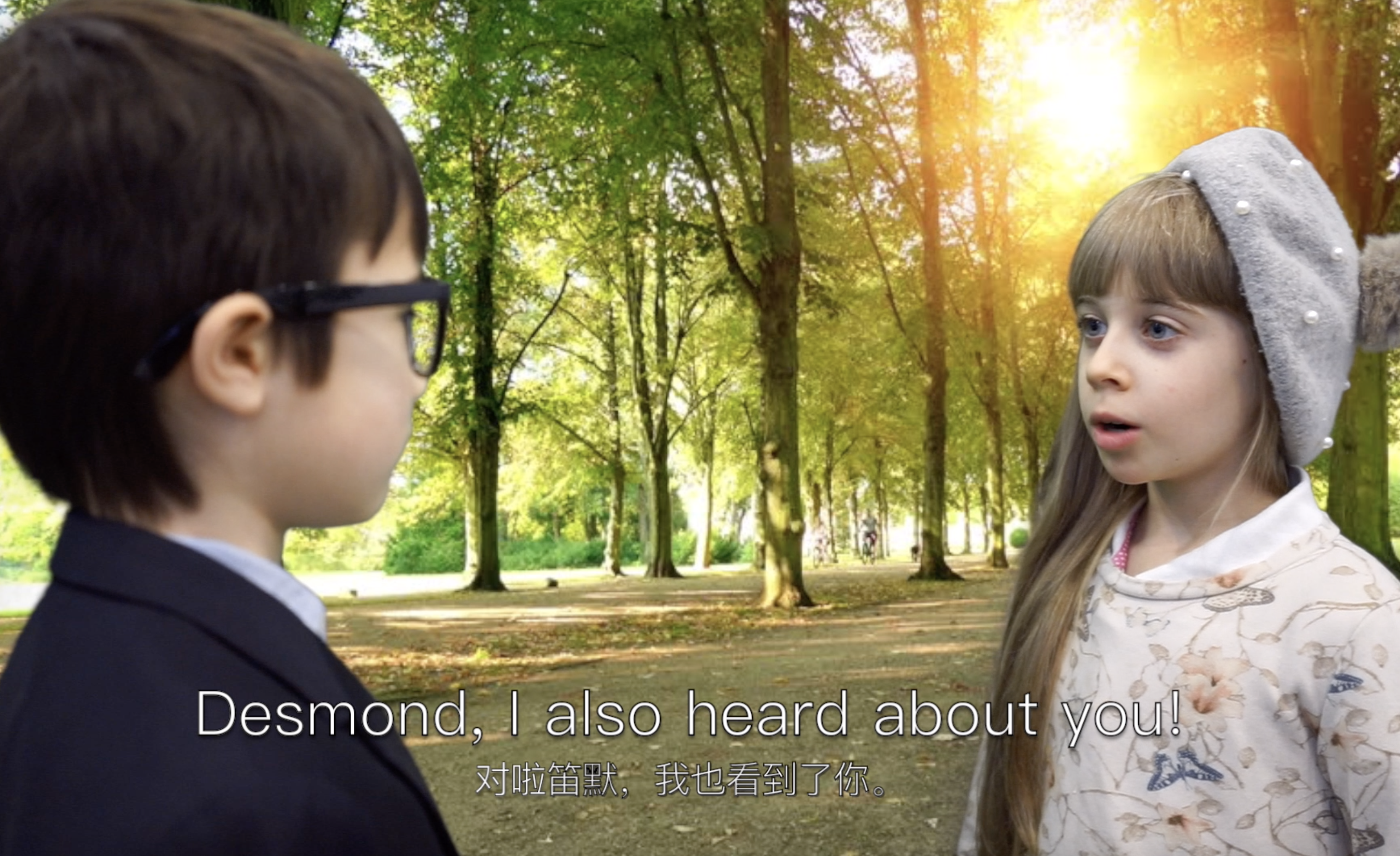 1. What are the program’s long-term goals for my child?
1. What are the program’s long-term goals for my child?
An immersion program makes sense for parents committed to the multi-year process needed to develop bilingualism, biliteracy & bicognition in children. Once students are on the immersion track, the environment must be maintained—"use it or lose it.”
2. What ages and grades are offered in the program?
Preschool is the best time to begin second language acquisition and development, since your child’s brain is predisposed to acquire new languages, but it’s not too late to begin immersion in elementary grades: neurolinguists say the critical window for language learning is open through age 12.
3. How much time will my child actually spend in the target language?
Research shows that, the more intensive the exposure to the target language, the higher the expected language proficiency, and the greater the cognitive benefit. Programs will refer to themselves as 90/10 models or 50/50 models based on what percentage of the instructional day is spent in the target language, what percentage in English.
4. What kind of experience & training do its teachers have?
A key quality of an immersion teacher is educability in immersion methodology, best demonstrated by holding Bachelor's or Master's degrees. Immersion teachers are typically native speakers of the target language, may have prior experience with the age group they’re teaching, and exhibit a passion and commitment to the learning process.
5. How does the program measure its results?
One method for an immersion school to measure its academic results is standardized assessment, such as PARCC or ERB, administered in English, starting in grade 3. These tests compare individual student achievement to a national norm. Students in immersion schools consistently outperform those in monolingual schools, across all socioeconomics levels nationwide.
6. How does the program support families who do not speak the target language?
Most families of students in immersion schools do not speak the target language at home. But open communication with teachers and newsletters help parents understand what’s being taught, and how. Good immersion schools often promote cultural understanding through celebrations of important holidays, such as Chinese New Year, or Three Kings Day, and many develop summer immersion experiences abroad.
-5.png?width=251&height=52&name=HWIS%20Logo%20Green_Gold%20Transparent%20Background%20(3)-5.png)





